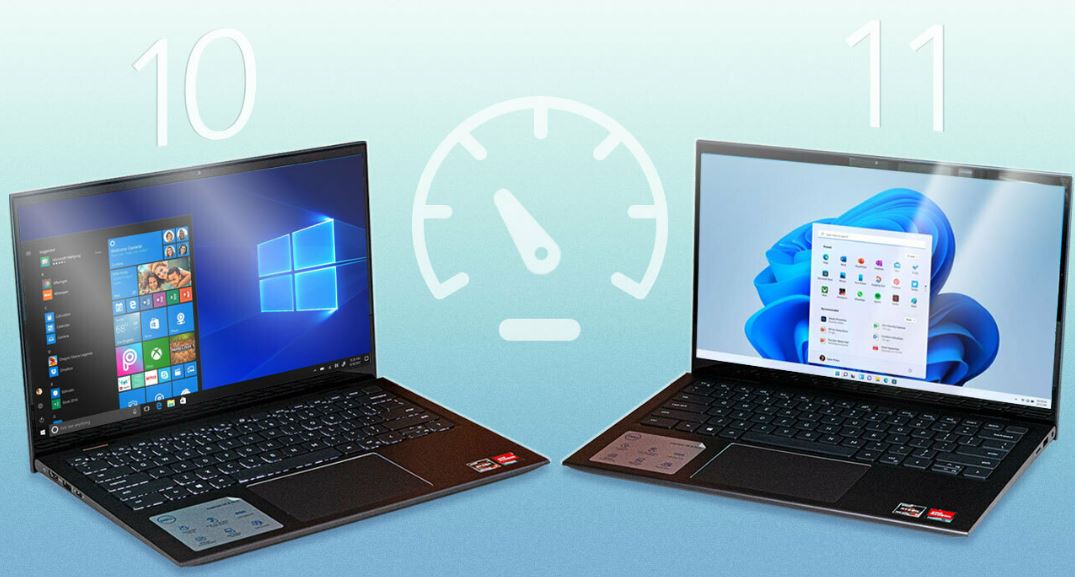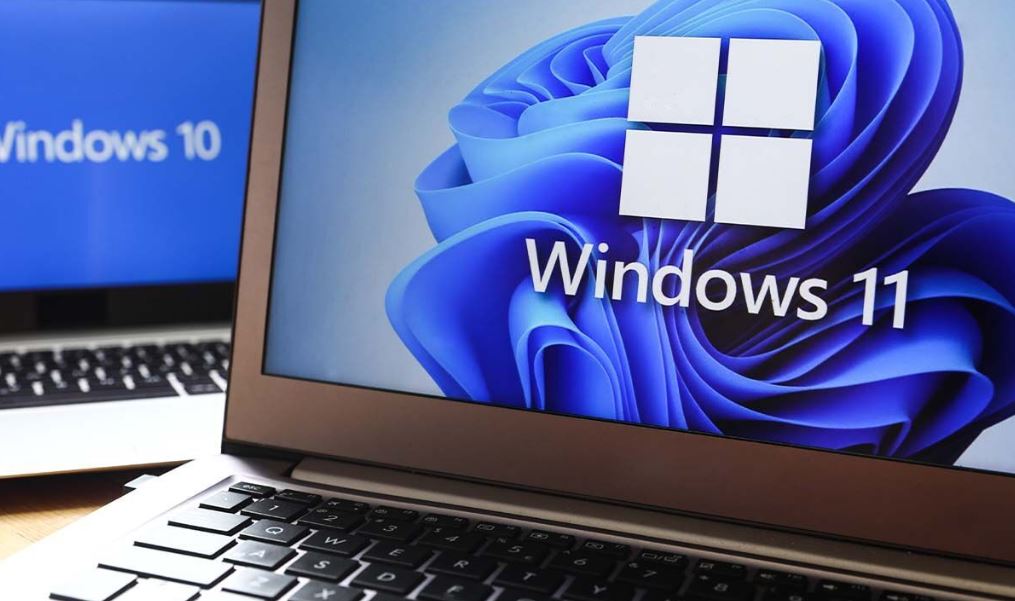Windows 11 plays a crucial role in Microsoft’s ambition to introduce AI-powered PCs. However, Microsoft faces a challenge within its own ecosystem as the usage of Windows 10 has seen a resurgence. It appears that this increase in Windows 10 usage has been at the expense of its successor.
According to Statcounter, Windows 10’s global market share rose to 70.03% in April, marking a 0.96 percentage point increase from March’s 69.07%.
Please follow us on Facebook and Twitter.
Conversely, Windows 11 experienced a decline last month, capturing 25.65% of the global market share for Microsoft operating systems. This indicates a decrease of 1.03 percentage points compared to March’s 26.68%.
These statistics suggest that Windows 10 may have attracted most of the users who opted to switch from Windows 11 in the span of a month. While surprising, this scenario is not entirely unexpected.
It’s worth noting that the latest iteration of Microsoft’s software hasn’t ignited much excitement among users. Even with the array of AI tools like Copilot, Windows 11 hasn’t emerged as a compelling upgrade option from Windows 10.
Windows 10 Surpasses 70% Global Market Share Once Again
The last time Windows 10 surpassed 70% global market share was in September 2023, registering 71.62%. However, from October onwards, a gradual decline in the share was observed, reaching its lowest point in January of this year at 66.47%.
Meanwhile, Windows 11 showed signs of increasing interest. After months at 23%, its market share gradually rose to an all-time high of 28.16% in February 2024. However, this excitement was short-lived. In March and April, OS usage declined again, coinciding with the resurgence of Windows 10.

This situation generates conflicting feelings for Microsoft. On one hand, there’s satisfaction in seeing a product nearly 9 years old maintaining such a high market share and loyal user base. On the other hand, there’s disappointment in realizing that their aggressive strategies to promote upgrading to Windows 11 aren’t effective.
Windows 10 boasts numerous virtues. It has proven to be a robust platform with a high level of refinement, which is undeniable. However, the lack of interest in Windows 11 seems to stem from the software’s own flaws and mistakes made by Microsoft.
Windows 11 Still Isn’t Appealing as an Option
The drama surrounding Windows 11’s hardware requirements undoubtedly had a negative impact on its adoption rate after its launch. However, Microsoft has made perplexing decisions in recent times that have also affected users. These include discontinuing support for Android apps, introducing ads in the Start menu, and persistently urging Windows 10 users to update their PCs.
If the public prefers to stick with an operating system that’s almost a decade old and on the brink of losing support, it’s because the supposed superior option isn’t as advantageous as people believe.
Windows 11 is gearing up for a major update with compelling new features driven by artificial intelligence. The rumored AI Explorer is particularly enticing. However, if it’s truly restricted to computers with ARM hardware, it’s unlikely to significantly alter the software’s market share anytime soon. The future of this narrative remains uncertain, but for now, Windows 10 still reigns supreme.





